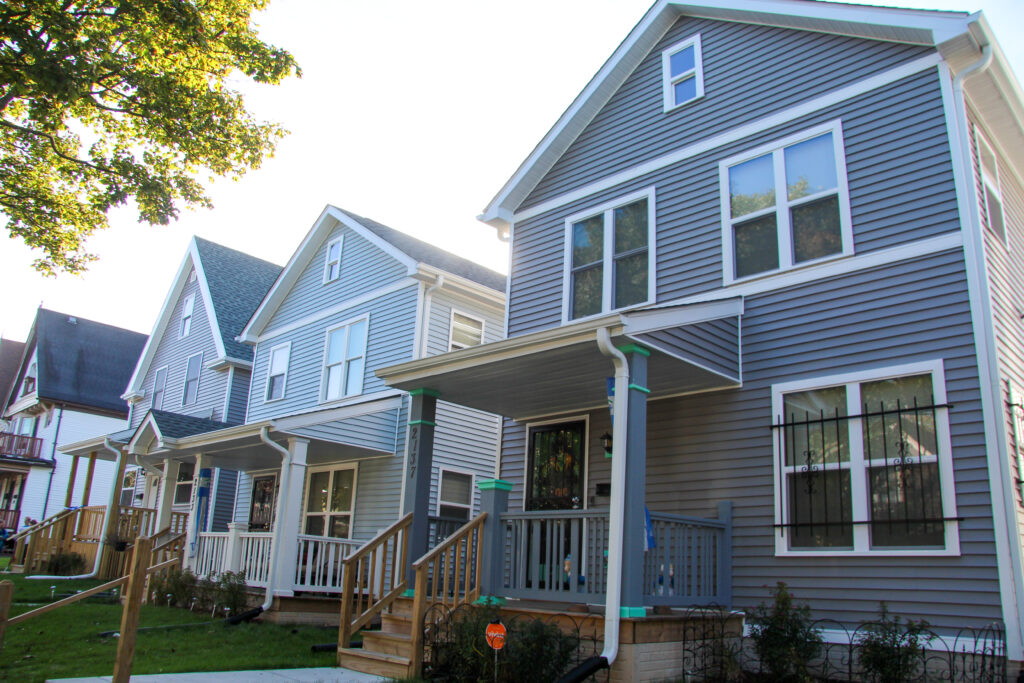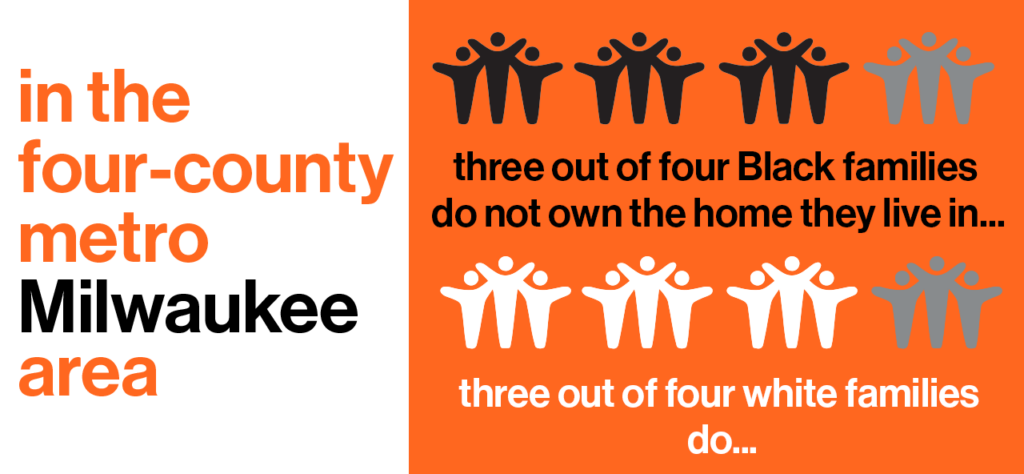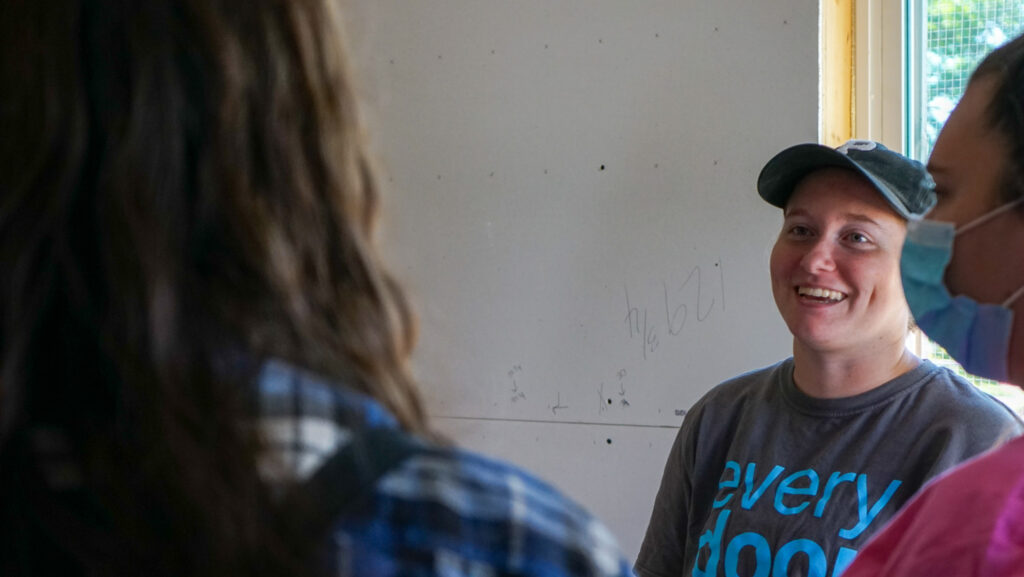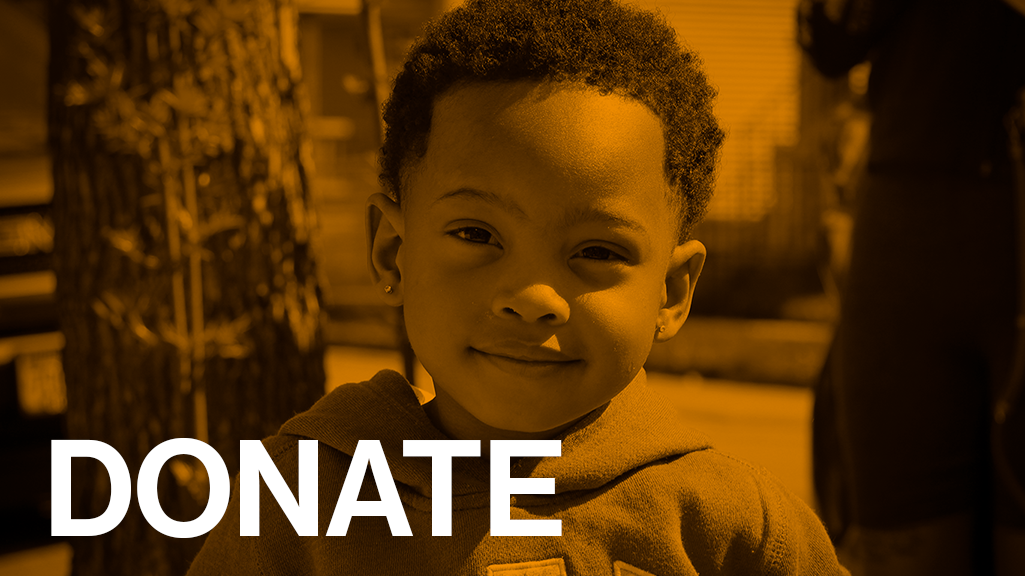
Continuing the Mission Toward Fair Housing
As we honor the legacy of Dr. Martin Luther King Jr. this week, we recall Dr. King’s fight for fair housing.
Dr. King spent his last years fighting for just housing in Chicago. He helped lead the Chicago Freedom Movement in 1966 which worked to challenge discrimination in housing and advocated for Black Americans to have the right to buy homes anywhere they wanted.
Black individuals and families in the city and suburbs were excluded from middle-class, mainly white neighborhoods and were blocked from buying homes in these areas. Until about 60 years ago, the Federal Housing Administration (FHA) deemed entire neighborhoods high risk for lending opportunities. The FHA issued maps where neighborhoods were shaded in red, hence the term “redlining.” Instead of evaluating individuals for loans on a case by case basis, this created a system where it was legal to essentially deny entire minority populations access to equal loan and housing opportunities. These practices were prevalent in Chicago and across the nation.
On April 4, 1968, Dr. King was tragically assassinated. However, his work to advance civil liberties led to just five days later President Lyndon B. Johnson signed the Civil Rights Act of 1968. It included the Fair Housing Act, which prohibits discrimination related to sale, rental, and financing of housing based on race, religion, national origin, sex, handicap, and family status.
Today, over 50 years since the passing of this act, we honor the legacy of Dr. King by continuing to fight for fair housing and address the generational impact caused by decades of discriminatory housing practices.

Here at Milwaukee Habitat for Humanity, we see the disparities that families and individuals face when trying to become homeowners. Systemic inequalities of redlining and housing disparities have shaped our community where, in the four-county metro Milwaukee area, nearly three out of four Black families do not own the home they live in, while nearly three out of four white families do.
Milwaukee Habitat for Humanity breaks down the barriers that thousands of local families face when trying to purchase or repair a home. Milwaukee Habitat creates affordable lending opportunities for families earning below Milwaukee’s median income. Instead of being forced to choose between a high interest rate or a large down payment, no down payment is required for a Habitat home and the 20-30 year mortgage comes at below market rate.
To achieve fair housing, racial justice and equality, Dr. King believed that everyone could contribute to making America a better nation. He once said, “Everybody can be great, because everybody can serve.”

This idea is central to the AmeriCorps members of Milwaukee Habitat for Humanity. AmeriCorps members serve directly with nonprofit organizations to address challenges that face our nation every day. AmeriCorps members commit to a year of service with a nonprofit organization and, in essence, to their community. Members receive a living allowance, education award and gain valuable experience while making a difference.
“I live my life knowing that there are people who have less than I do. So if I can give my time to help them a little bit, that’s what matters. Here at Milwaukee Habitat for Humanity, everyone is getting together to support affordable housing,” AmeriCorps member Julia said.
Milwaukee Habitat for Humanity AmeriCorps members, staff, volunteers, donors, and supporters are dedicated to continuing Dr. King’s work toward affordable housing.
“It doesn’t matter where you come from or where you live. Everyone is coming together for the same cause: help families live in a house they can actually afford,” Julia said.

FIND OUT MORE

READ MORE

GIVE TODAY

